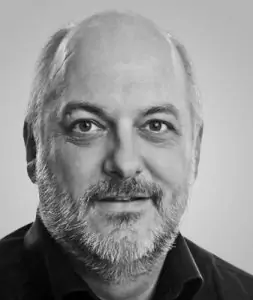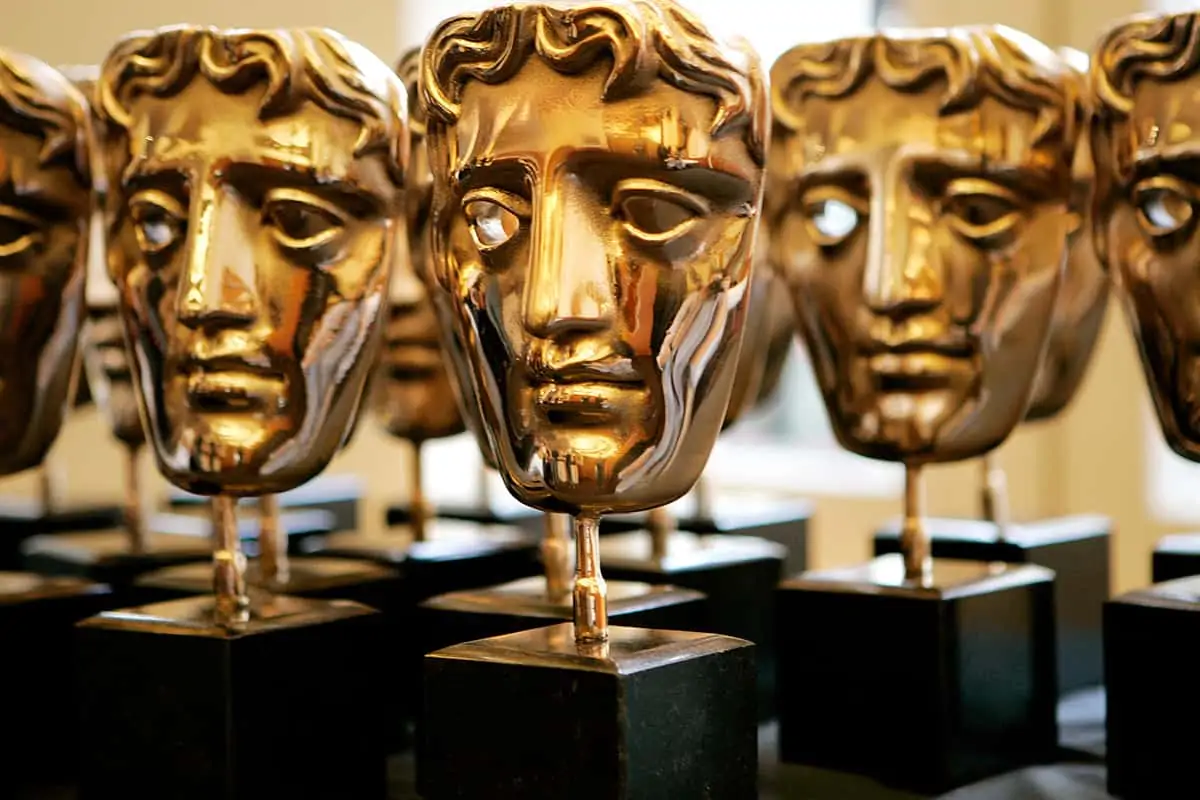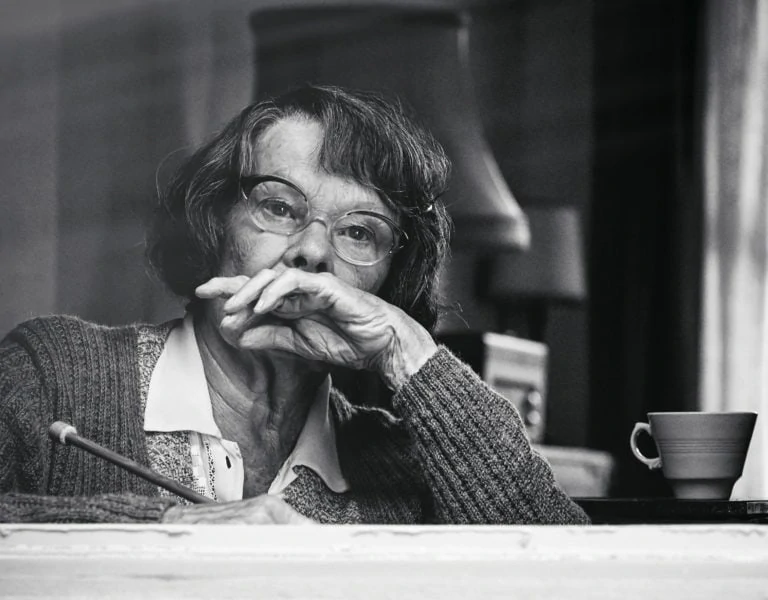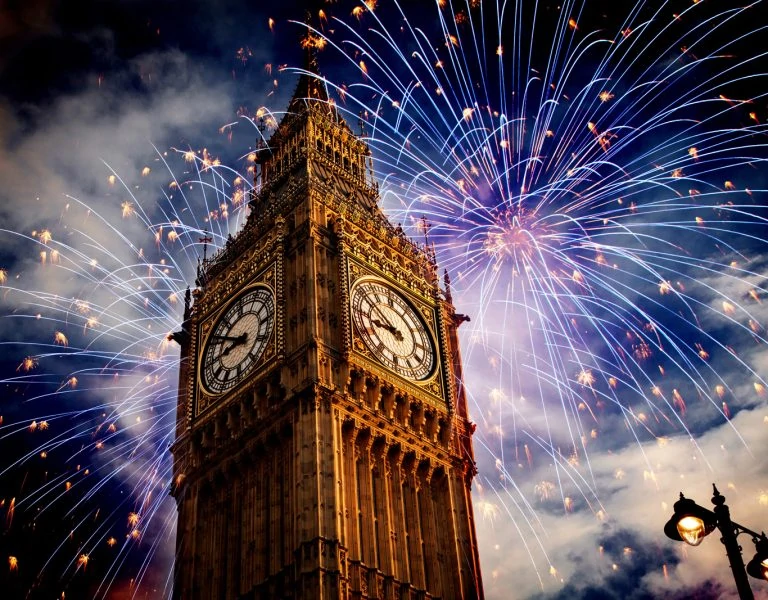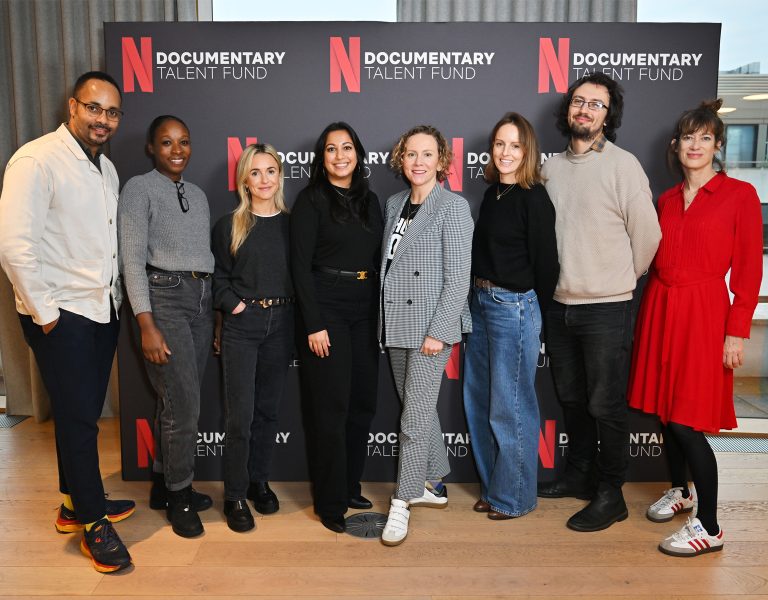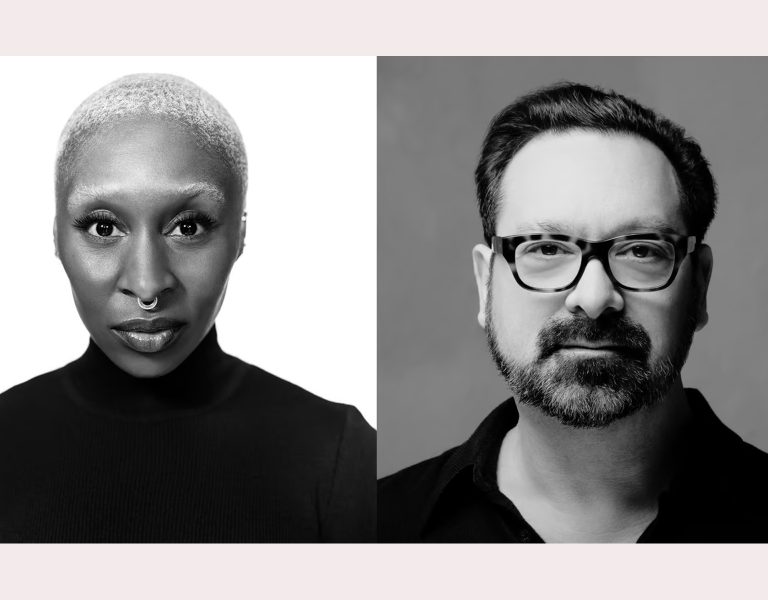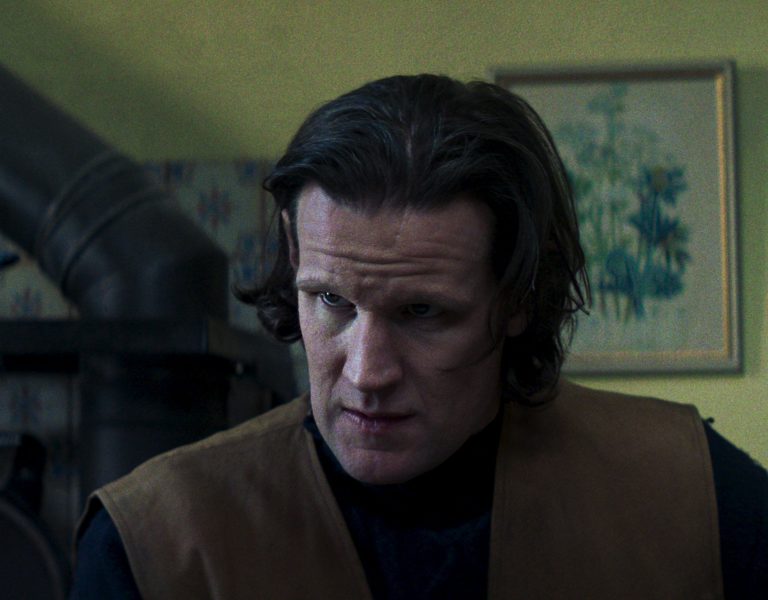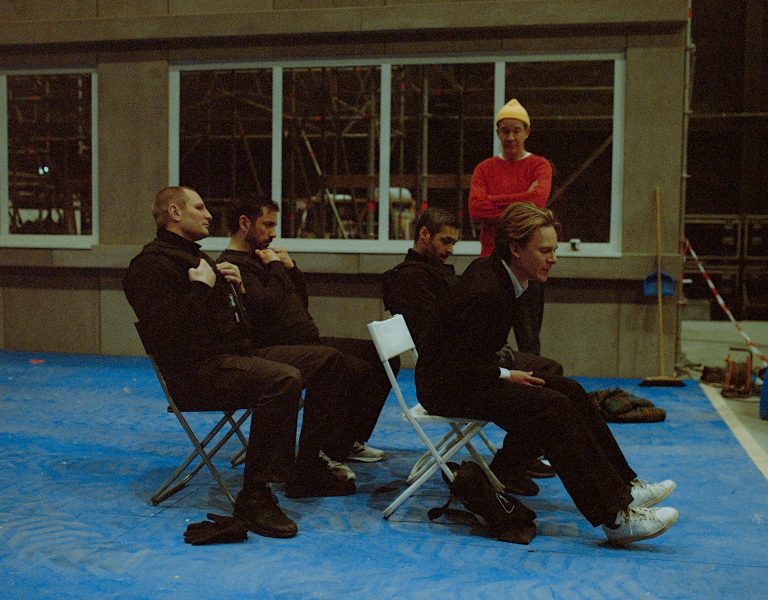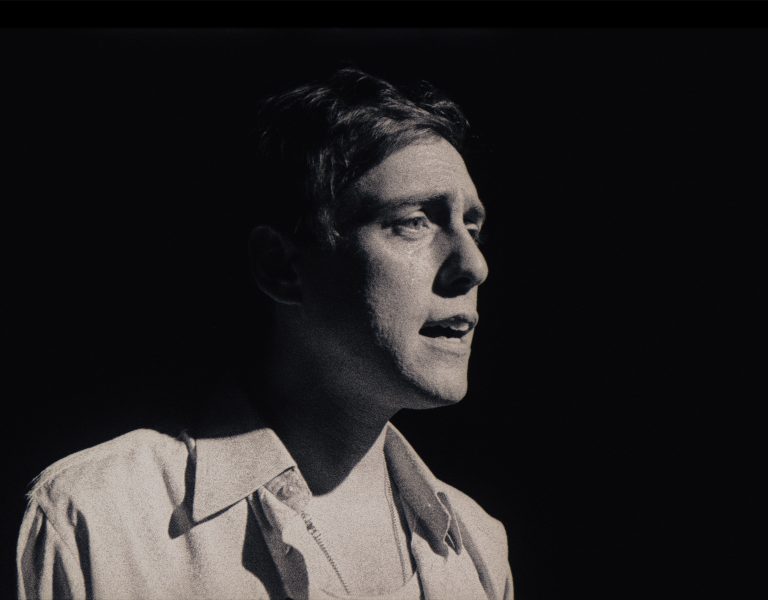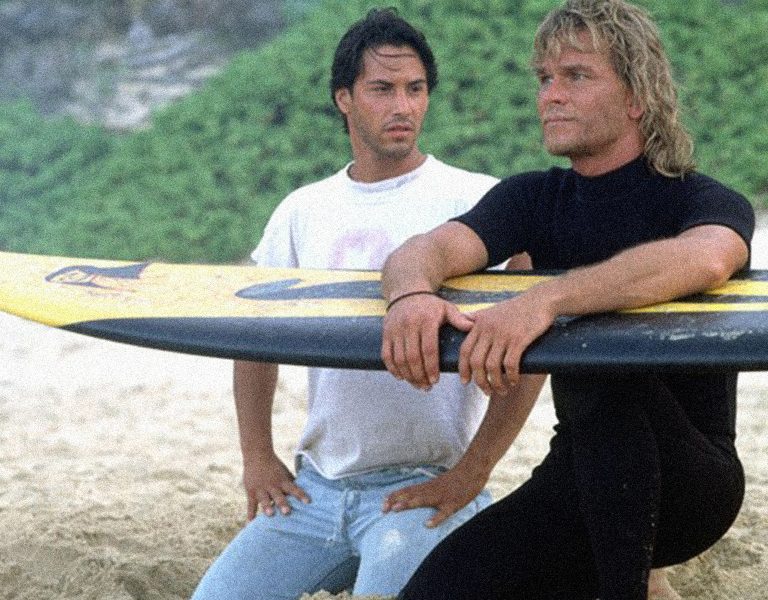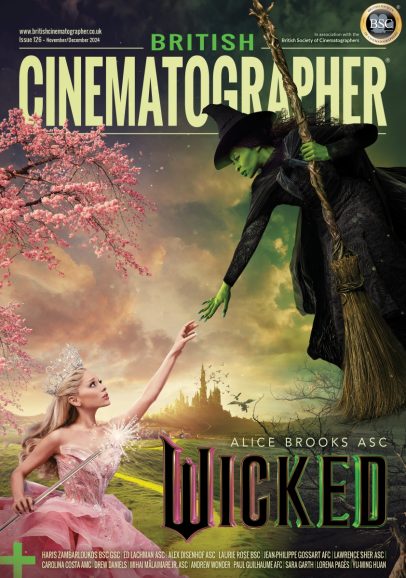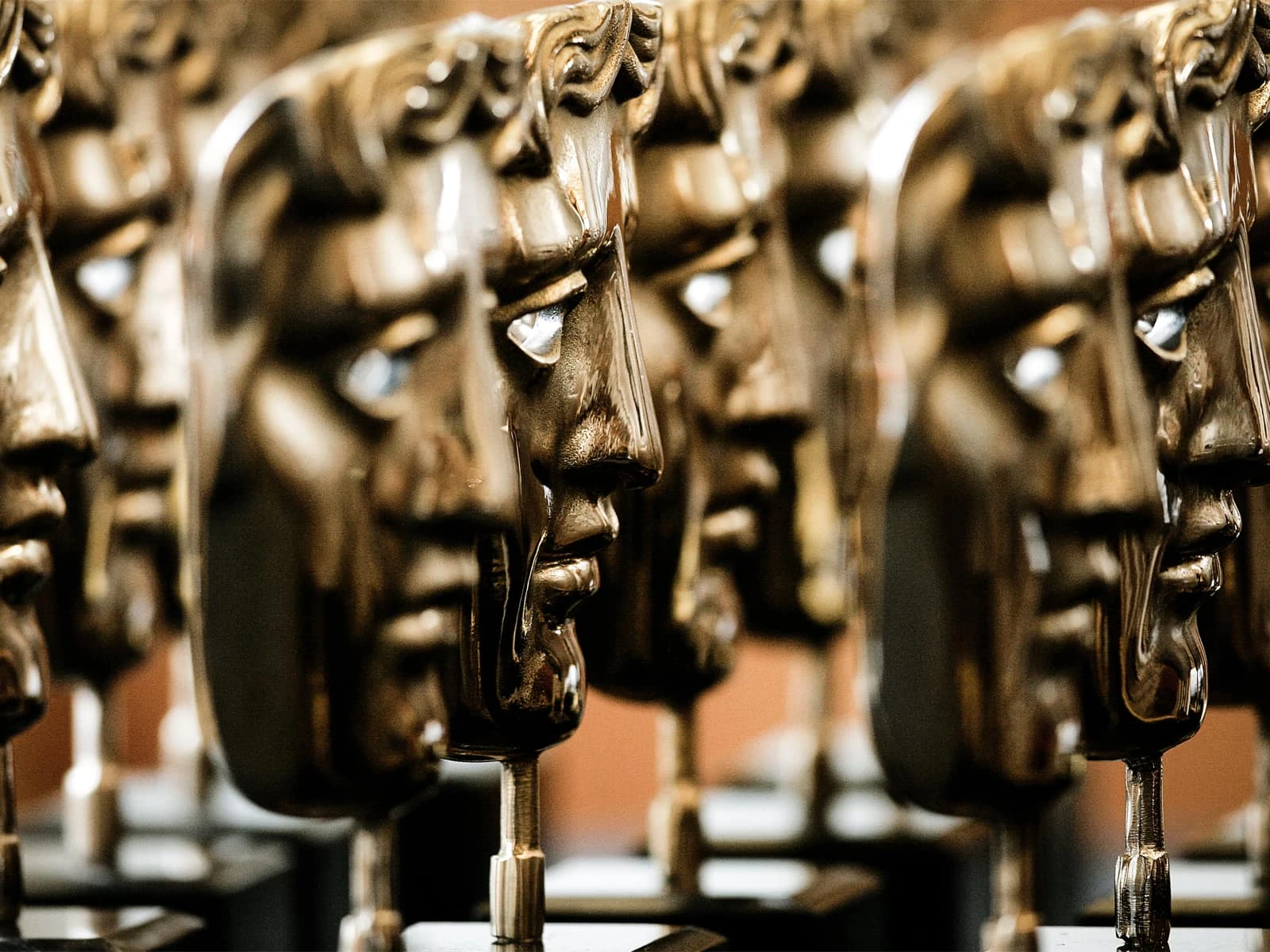
ART REFLECTS LIFE
John Keedwell GBCT examines how this year’s BAFTA results mirror the wider world.
“Boom, Boom, Boom, Boom,” in the words of Baldrick from the Blackadder 4. The sounds of the 41-gun salute were still ringing in our ears in respect for His Royal Highness Prince Philip, Duke of Edinburgh, on Friday. Then came the BAFTA ceremony on the same weekend, with His Royal Highness a long-standing patron and supporter. The Duke was BAFTA’s very first president over 60 years ago and was the first of a line of royal patronage all the way through to BAFTA’s current president, his grandson, the Duke of Cambridge. It was Prince Philip and Her Majesty The Queen’s support throughout these years that in many ways allowed BAFTA, a leading charity in the arts, to continue in difficult times and to be here today in 2021, celebrating another outstanding year of achievement in film. He will be sorely missed.
And what a strange start to the week the day after the BAFTA ceremony. A lovely sunny day, the birds were singing, and the lack of car chases and stunt work in the films this year were taken to the streets and jammed up the road network near where I live. Is the desire to get a haircut so pressing that it means accidents? I guess it is now back to “normal” to a degree, after more than a year of relative peace and quiet. I am not sure I like the “normal” anymore.
The usual high-energy, huge budget blockbusters we are all used to seeing at the BAFTA awards were replaced by some more thought-provoking and slower paced films. The decision to move the distribution and cinema release of the next Bond film to later this year means it will now qualify for 2021 and be seen at the 2022 awards. Other films with similar huge budgets, supreme cinematography and spectacular stunts have also been moved. Next year will be a quite different awards ceremony, mark my words!
There were a few films such as Greyhound and Tenet that made the BAFTA nominations, of course. They had hugely different stories and set at different times, yet both visually spectacular, and both worthy of their nominations. Both left the viewer exhausted in different ways, Greyhound for the relentless action of a convoy of ships with supplies for Britain crossing the Atlantic in the Second World War. Tenet is more of a cerebral exhaustion along with the visuals. There were also events going forwards and backwards, so it takes a lot of mental concentration to fully comprehend the enormity of what we are watching.
How fitting then, that the winner of the BAFTA Best Film was Nomadland, a simple story about a woman travelling through the wilderness of America following the economic collapse of a company town in rural Nevada. Fern (Frances McDormand) packs her van and sets off on the road exploring a life outside of conventional society as a modern-day nomad. Many of the actors were real-life nomads, mostly people who had not been able to keep up payments due to losing their jobs. This eerily echoes the issues the world will have when we return to somewhere resembling normality (whatever that is), going forward.
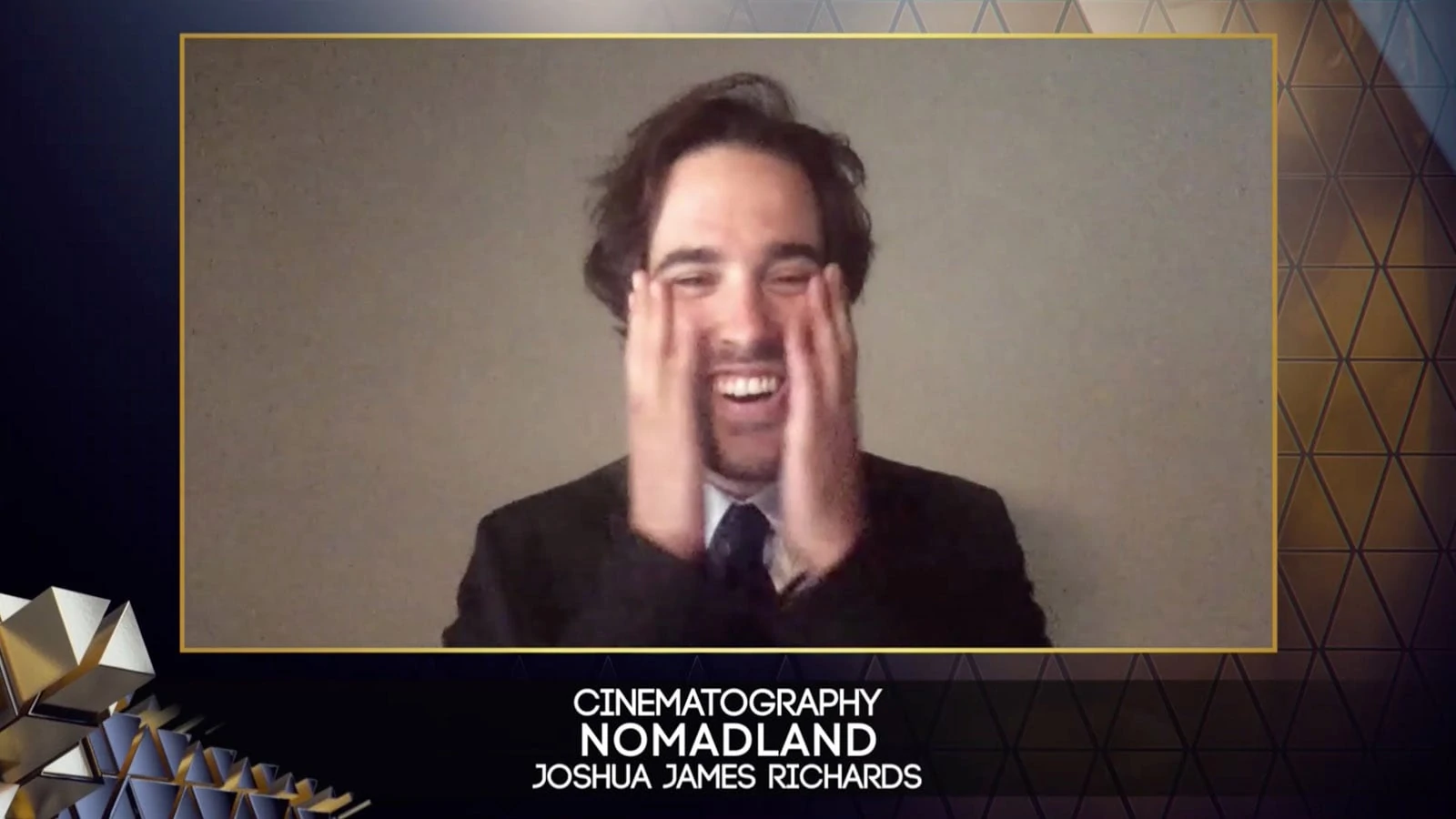
Most of the film was shot in low-light conditions and has natural colours and qualities only seen when the sun has gone down and are now obtainable with modern day cameras with highly sensitive sensors. In an interview for collider.com, the DP Joshua James Richards says, “When you rate a camera like we did on Nomadland at 1280, that’s like night vision, dude. You’re bringing shadows in. And so, here’s the thing, that takes less crew, which is great for Chloé (Chloé Zhao, Nomadland director) and I, the way we want to make films, but not necessarily great for the Hollywood industry, if our crews are getting smaller and smaller. But I care a bit more about the storytelling getting better and better, and visually more exciting.”
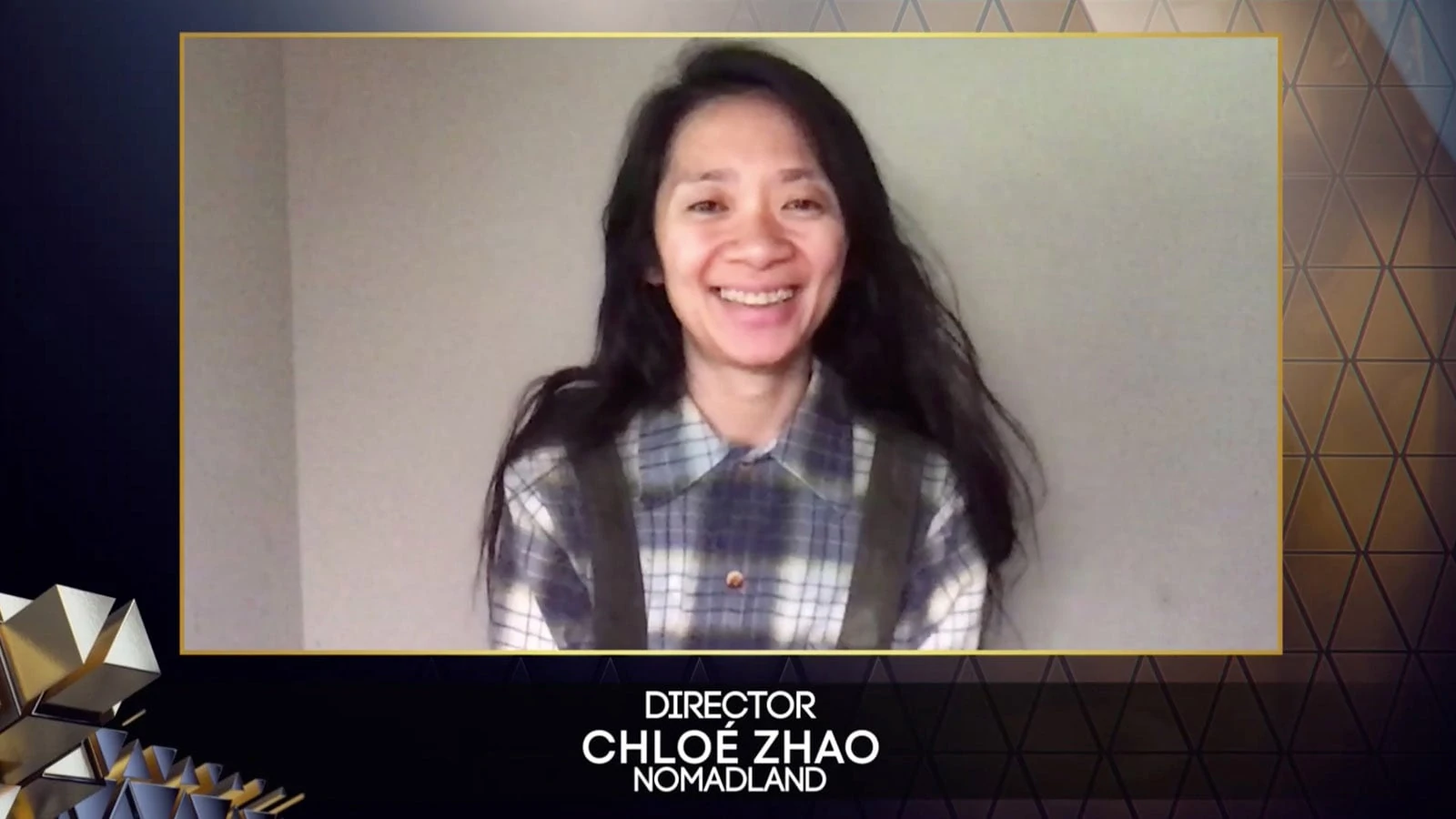
Camera crews hearing this said by an award-winning DP may bring shivers to your back, as smaller crews and multi-tasking means less work for some areas of the crew. Yet this approach fitted with the mood and content of this film, using natural light with extremely sensitive digital cameras to capture the mood. The colours and feeling of this approach certainly feed the story and makes it feel more like a documentary, which in many ways it is more than a drama. It pushes technology to many limits, and in that respect, it has successfully communicated the story that moves the viewer in so many ways. It has hit home and captured imaginations and made people think. Considering this original book was published in September 2017, it was written with extreme foresight by the author Jessica Bruder. Indeed, one of the IMDB reviews of the film says, “Watching this film will make you question modern life”. Exactly.
Other films looked more closely at everyday events yet are as devastating for the characters in the films as an action-packed blockbuster. Perhaps one of the most fitting and poignant films was The Father, with Sir Anthony Hopkins playing an older gentleman with dementia who is becoming confused. I will not say any more for fear of a spoiler alert, suffice to say, he was a worthy winner of his acting award, and it is a remarkably interesting and sensitive way of portraying dementia.
Sir Anthony said it had not been a challenge to play an elderly man suffering from dementia in the film version of Florian Zeller’s play. “I didn’t have to act old – I am old,” he explained. He also likened the experience of dementia to the difficulties the world has faced during the pandemic, saying both involved “losing your senses and anchors”. He said, “It is a mess, and it is scary for billions of people. I hope it helps us to pay attention and to not take everything for granted. Hopefully, we’ll come through it. I hope we all come through this with a sense of triumph and hope for the future.” Hear, hear.
DOCUMENTARY
Another film to capture the attention in the awards was in the documentary section. I was sure David Attenborough was a certainty to win with his superb film David Attenborough: A Life on our Planet. Based on his book from 2020, this was a fantastic visual journey through what has happened to the planet within his lifetime. With a crew of 136 people, shooting around the planet, this was a statement as well as a magnificent film to learn about the planet.
Attenborough describes the film as his “witness statement” and gives an impression of what could happen to the planet over the course of a lifetime, beginning in 2020 and lasting as long as his own, were human activity to continue unchanged. The Amazon rainforest could degrade into a savanna; the Arctic could lose all ice during summer; coral reefs could die; soil overuse could cause food crises. As David heads towards his 95th birthday in early May, this must be noted as a defining piece of work after a lifetime in his unique position. He is, after all, a national treasure. The film is a must see.
It was with a huge degree of amazement as well as shock we saw David Attenborough not win the award, and a relatively small film about an octopus and a diver called My Octopus Teacher take the Best Documentary award. It was 11 years ago that South African filmmaker Craig Foster’s life changed forever. While free diving in an underwater kelp forest in False Bay near Cape Town, he encountered a courageous, inquisitive young female octopus. For the next year, he went every day to win her trust as he chronicled her life on film and the two formed a strong bond as he learned about the delicacy of life and the humanity’s link to nature. Anyone who has seen My Octopus Teacher, the documentary chronicling their relationship, has been moved by their story. It goes to show a well told, great story will grab an audience’s attention. This film is also a must-see.


So, in many ways the films written two, three, four or more years ago and released for cinemas in 2020 were as applicable and relevant to 2020 as a script written with the full knowledge and experiences as someone who had lived through the 2020 pandemic.
It will no doubt create a different set of films for the next awards this time next year, and the competition will be very different. The cinemas will be opening, to show the latest content, if there is any to show. I feel they may have a more challenging time to get audiences to sit in a darkened room next to many people, so they have a big challenge to convince the cinemagoers to suddenly leave the comfort of their home cinema and Netflix to go out and spend a lot more money to see the latest films at the cinema.
Although the difficulties of making the films will have taken a toll on the 2021 productions too. I hear from many in the know that it is an extremely busy time in all camera and lighting rentals. Yet buying new gear is difficult due to the lack of raw materials in other countries and the lack of ability to manufacture many pieces of kit because of the lack of a single part such as a switch. The kit cannot be sold until it is fully safe and functioning properly, of course. There are opportunities out there ahead and when we turn the corner, as we seem to have done today. 2020 will be a memory, yet the effects will be lasting for years to come.
CINEMATOGRAPHY AWARD
What was fitting to see the Cinematography category award shown in the main events on the broadcast show. For many years, the Cinematography award had been shown at the end of the proceedings as a sort of “by the way” category, and extraordinarily little attention was given to them by the viewer. It seemed to be seen as a lower importance to many other branches of the filmmaking process. Scriptwriting, production design, direction and other departments were given the full attention of the television highlights programme, and cinematography was placed at the “make a cup of tea before the next programme starts” spot. It was through lobbying by the BSC and many other cine craft organisations that BAFTA now includes cinematography as a major part of the filmmaking, and rightly so! I am not really sure why the successive previous TV companies decided it would only be seen at the very end of the BAFTA Awards programme whilst the end credits were rolling. I hope this has now set the precedent, and it will continue.
Let’s look forward to 2021 as a great year of filmmaking, and a great 2022 awards. Good health to you.
BY: John Keedwell, GBCT, UAV PILOT
